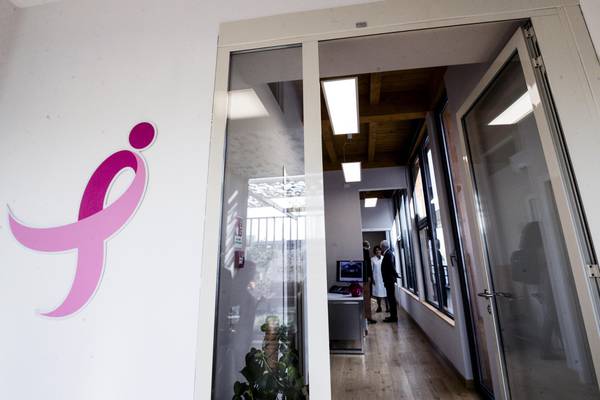Tumors: cross-border project for anti-breast cancer drug
Udine, Veneto, and Slovenia to fight cancer with high incidence
12 April, 18:24The Immuno-Cluster cross-border research project, shared by the Department of Medical Area of the University of Udine, VivaBioCell, Celica Biomedical, Veneto, and Slovenia, through the protocol mentioned above, wants to counteract one of the breast cancers with the most unfavorable prognosis and low survival rate. The Friulian university announced today. A cell therapy, based on the use of cells taken from the same patient, is the tool that the project intends to develop for the treatment of triple-negative breast cancer (TNBC), one among the forms of breast cancer which are most challenging to treat, counting fo the 10-20% of total breast cancer diagnoses, affecting mainly young women, and for whom the possibility of recurrence is very high. "Immunotherapy, which uses the patient's immune system to fight the disease - highlighted Francesco Curcio, professor of Clinical Pathology and scientific manager at the UniUD Medical Area Department, along with the Valdoltra Orthopedic Hospital (Slo) - has certainly paved the way for new treatment options. It is now essential - he added - to create a common critical mass of skills, both clinical and productive, which can work together as a system, using new cellular and molecular approaches." The network will have the task of defining a shared protocol that will allow, by the end of the year, to produce the cellular medicine to be finally tested on patients with TNBC, who the Ljubljana Institute of Oncology will recruit according to specific parameters. The starting point is the HybriCureR clinical study developed by the Lead Partner, Celica Biomedical, already clinically tested on a small number of patients affected by hormone-resistant prostate cancer.
"The expected results - conclude the project partners - will have a decidedly positive impact on transnational health systems, with lower costs for therapies and assistance, and undoubted benefits for patients, both in terms of a better quality of life and hope of recovery." (ANSA).














